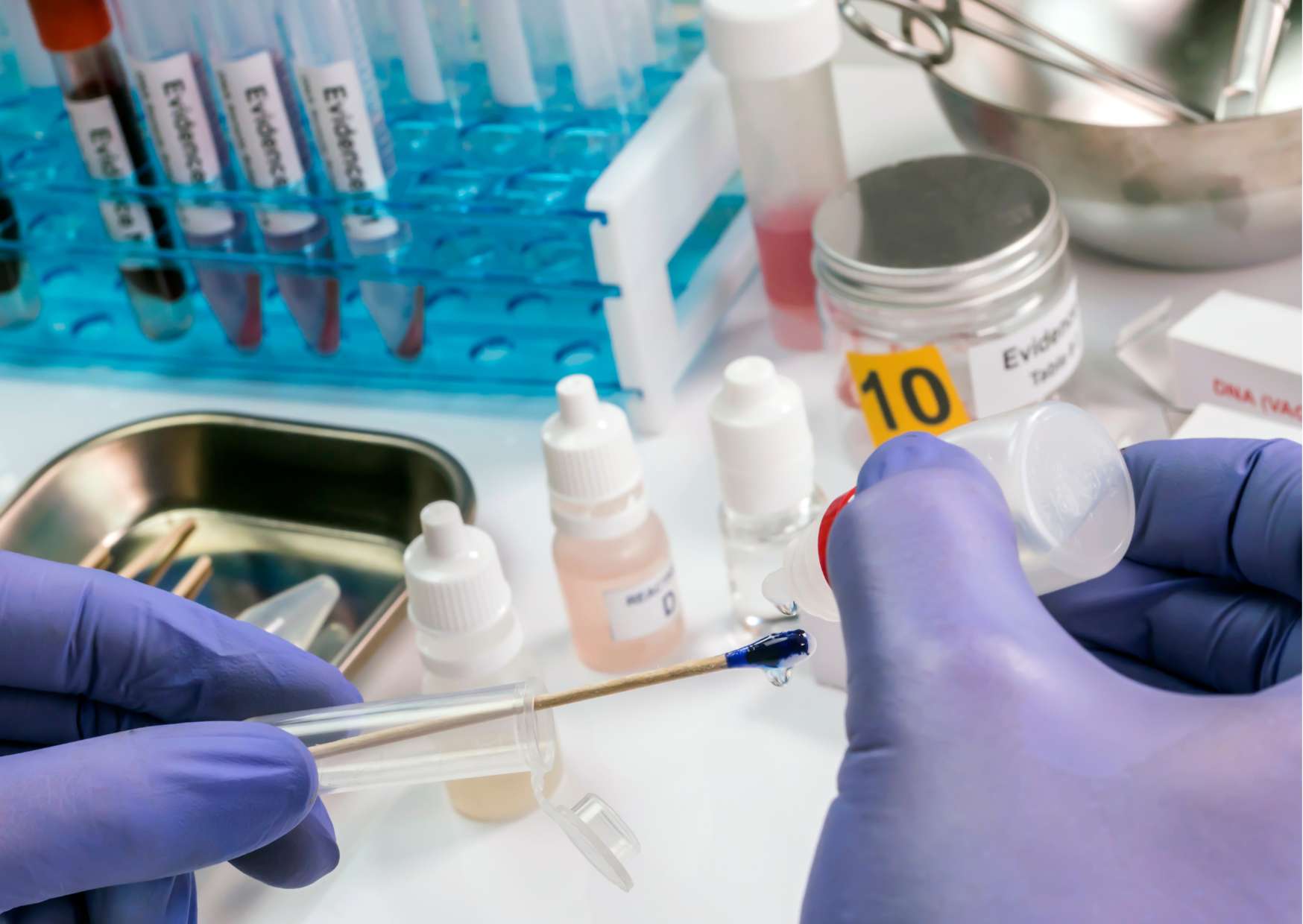Fundamentals of Forensic Science
Course Description
Fundamentals of Forensic Science
Welcome to our “Fundamentals of Forensic Science” course, where you’ll delve into the fascinating world of forensic investigation and gain essential skills and knowledge in this exciting field. Whether you’re an aspiring forensic scientist, a law enforcement professional, or simply intrigued by the intersection of science and criminal investigation, this course is designed to provide you with a comprehensive understanding of the principles and practices of forensic science. Join us on this educational journey and unlock the secrets behind solving crimes and delivering justice.
Essentials of Course
The “Fundamentals of Forensic Science” course covers a wide range of essential topics to equip you with the necessary skills and knowledge:
- Introduction to Forensic Science: Explore the history, scope, and significance of forensic science in criminal investigations, including its role in identifying perpetrators, analyzing evidence, and supporting legal proceedings.
- Crime Scene Investigation: Learn the protocols and techniques for effectively processing and analyzing crime scenes, including evidence collection, preservation, documentation, and chain of custody procedures.
- Forensic Biology and DNA Analysis: Understand the principles and methods of forensic biology, including the analysis of biological evidence such as blood, saliva, and hair, as well as DNA profiling techniques for identifying individuals.
- Forensic Chemistry and Toxicology: Delve into the field of forensic chemistry and toxicology, including the analysis of drugs, poisons, and chemical substances found at crime scenes, as well as their effects on the human body.
- Forensic Anthropology and Odontology: Explore the roles of forensic anthropology and odontology in identifying human remains and analyzing dental evidence to establish the identity of individuals and aid in criminal investigations.
- Forensic Pathology: Gain insight into the practice of forensic pathology, including the examination of deceased individuals to determine the cause and manner of death, as well as the interpretation of autopsy findings.
- Forensic Entomology and Botany: Discover how forensic entomology and botany contribute to criminal investigations by analyzing insect and plant evidence to estimate postmortem intervals and establish the circumstances surrounding a death.
- Digital Forensics: Learn about the field of digital forensics, including the recovery, analysis, and interpretation of digital evidence from computers, mobile devices, and other electronic sources in criminal investigations.
Why Course Matters
The “Fundamentals of Forensic Science” course matters because it provides:
- Foundation for Career in Forensic Science: Whether you’re considering a career in forensic science or seeking to enhance your knowledge in the field, this course serves as a solid foundation for your future endeavors.
- Understanding of Criminal Investigations: By gaining insight into the principles and practices of forensic science, you’ll develop a deeper understanding of the investigative process and the role of science in solving crimes.
- Application of Scientific Methods: Through hands-on learning and case studies, you’ll learn how scientific methods are applied to analyze evidence, draw conclusions, and present findings in legal proceedings.
- Contribution to Justice System: As forensic science plays a crucial role in the criminal justice system, this course empowers you to contribute to the pursuit of justice by applying scientific principles to real-world scenarios.
What You’ll Learn
Throughout the “Fundamentals of Forensic Science” course, you’ll learn:
- The principles and practices of forensic science, including crime scene investigation techniques and evidence analysis methods.
- The role of various forensic disciplines, such as biology, chemistry, anthropology, and pathology, in criminal investigations.
- How to collect, preserve, and analyze different types of forensic evidence, including biological, chemical, digital, and trace evidence.
- The importance of maintaining integrity, accuracy, and objectivity in forensic investigations, as well as adhering to ethical and legal standards.
- How to interpret forensic evidence and present findings effectively in written reports and courtroom testimony.
Who Should Take This Course
This course is suitable for:
- Aspiring Forensic Scientists: Individuals who are interested in pursuing a career in forensic science and want to gain foundational knowledge and skills in the field.
- Law Enforcement Professionals: Police officers, detectives, and other law enforcement personnel who wish to enhance their understanding of forensic techniques and principles to support criminal investigations.
- Legal Professionals: Lawyers, prosecutors, and defense attorneys who seek to deepen their knowledge of forensic science to better understand and interpret forensic evidence in legal proceedings.
- Anyone Interested in Forensic Science: Individuals who have a general interest in forensic science and want to learn more about its applications, methodologies, and impact on criminal justice.
Course Format
The “Fundamentals of Forensic Science” course is delivered through a combination of online modules, video lectures, interactive simulations, case studies, and practical exercises. Participants have the flexibility to learn at their own pace and access course materials from anywhere with an internet connection. Additionally, instructor-led discussions and Q&A sessions provide opportunities for collaboration and knowledge sharing.
Benefits of Taking This Course
By enrolling in the “Fundamentals of Forensic Science” course, you’ll enjoy numerous benefits, including:
- Enhanced Career Opportunities: Gain the skills and knowledge needed to pursue a career in forensic science or advance your existing career in law enforcement, criminal justice, or related fields.
- Practical Skills Development: Learn practical techniques and methodologies used in forensic investigations through hands-on learning activities and real-world case studies.
- Expert Instruction: Benefit from expert instruction from experienced forensic scientists and professionals who will guide you through the course material and provide valuable insights into the field.
- Networking Opportunities: Connect with peers and industry professionals in the forensic science community, share experiences, and build professional relationships that can enhance your career prospects.
- Personal Satisfaction: Gain a deeper understanding of the fascinating world of forensic science and the important role it plays in solving crimes and delivering justice, leading to personal fulfillment and satisfaction.
Enroll Today
Don’t miss out on this opportunity to gain essential skills and knowledge in the field of forensic science. Enroll in the “Fundamentals of Forensic Science” course today and take the first step towards a rewarding career in this exciting and impactful field. Join us as we explore the science behind solving crimes and uncover the truth hidden within forensic evidence.
Course Review
Only logged in customers who have purchased this product may leave a review.


Reviews
There are no reviews yet.